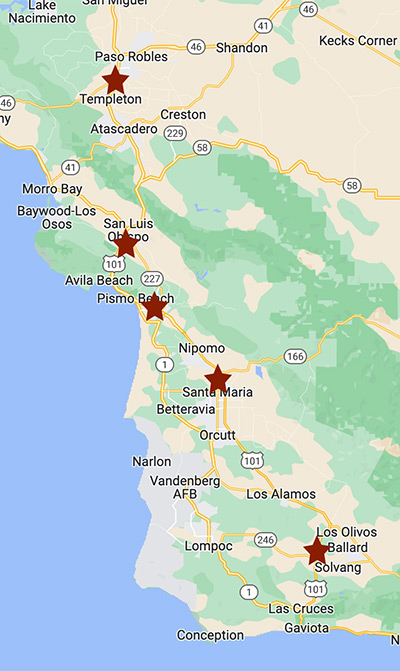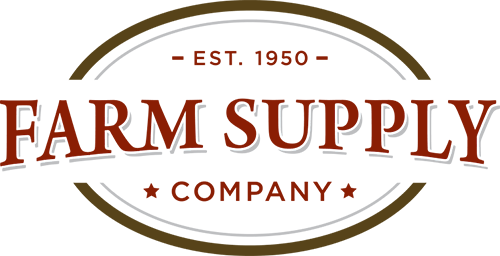Just like the saying goes, you never get a second chance to make a first impression. When you are bringing baby chicks home or adding adult birds to your backyard, the first impression is important. It’s crucial to know that a period of adjustment and acclimation is normal.
Everything may not go smoothly the first day – but that’s okay. The key in the process is to make sure that your birds are protected at all times.
Introducing dogs to chickens can be a touchy situation and is something best handled when you have some help. Having a dog that is trained and obedient to at least a “stay” command and to recall on command is very helpful in this situation. The main thing is to use common sense – dogs will likely be tempted by chickens if they’ve never been around them before. Do not leave dogs and chickens alone together until you’re sure the dog can be trusted.
To start introductions, begin slowly. The first step is to allow the dog near the birds while they are securely enclosed in their run or a cage. Give the animals some time to see and smell each other and grow accustomed to the noises, motions and actions of the other. Do this repeatedly until the animals are calm. After that step is successful, try holding your chickens while your dog is secured, either by a helper or in a kennel and again gauge everyone’s reactions.
When you feel comfortable, you can try letting your birds free range in your yard or garden area with the dog on a leash. Again, gage the situation and reactions. Every animal is different and their response to this situation will vary. Once the dog is used to the chickens being in and around the area and is not negatively responding, you can try a supervised instance of everyone mixing together. This introduction will take time, so don’t rush things and make sure you are patient with your dog; this is a big adjustment to their normal way of life.
Keep in mind, however, that some dogs simply do not mix well with chickens. For example, some breeds of dogs are bred specifically to hunt and capture birds. In these dogs, the prey drive may be extremely hard to overcome. Signs a dog is exhibiting prey drive can include intense staring, ignores owner or other distractions, refuses to move, body tenses, motionless, crouching, rigid movements, lunging, lips twitching, pupils dilated.
If issues persist, you may want to look into professional dog training or you may need to come to the realization that free ranging your chickens with your dog is simply not an option.
What if my dog eats my chicken’s food?
When keeping dogs and chickens it is important that you don’t give the dog free run of the coop or main housing area. This is mainly due to the fact that ingesting some germs that may be present in your bird’s droppings (think salmonella) could make them sick.
The un-medicated food that you feed your chickens likely won’t cause any harm to your dog unless they eat a huge amount of it. If you are using a medicated food for your chickens, the medication is not approved for use for dogs. The tougher chore will be to keep your birds away from your dog’s food. This food is high in protein and often becomes a flock favorite once they discover where the food bowl is kept!
Best practice is to keep dogs and birds water and feeding stations separate to help reduce the spread of germs as much as possible and keep diets (both the dogs and the birds) as balanced as possible.
What about disease?
All animals can carry disease, and birds and dogs are no different. The main diseases that can be passed on to dogs may be able to be prevented by keeping the dog and birds in separate enclosures; many types of germs are borne in the fecal matter/dust of birds and contracted when inhaled by the dog. One of the top concerns of bird to dog transfer is salmonella. These bacteria are shed in the feces, so a dog that has access to the chicken coop may be more susceptible. Keep the coop and run area closed to the dog, even if birds are out ranging. Coccidiosis, while present in both birds and dogs, is species specific. This means the strains carried by poultry cannot be passed to dogs and vice versa.
Blog post by Nutrena Animal Feeds, original posted by Caitlin G


